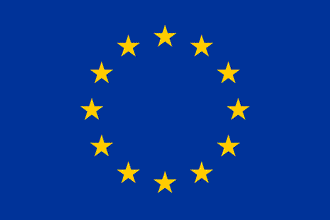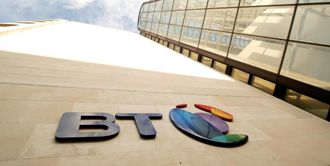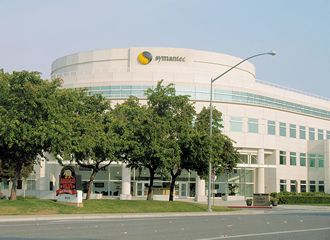 The attempt by Intel to penetrate the tablet market has cost it dear in subsidies over the last two years.
The attempt by Intel to penetrate the tablet market has cost it dear in subsidies over the last two years.
But it appears that the chip giant hasn’t given up the ghost on such a plan and, according to Taiwanese wire Digitimes, is likely to pour more cash into the venture.
Intel’s problem is that it has faced overwhelming competition on price from companies that use microprocessors from Mediatek and Qualcomm, based on designs from British chip designer ARM.
Even though Intel has several ARM licences, it declines to use those to compete and wants the market to realise the important part it plays in the mobile arena. Or, to put it differently, Intel is a proud company and doesn’t want to lose face.
The subsidies to vendors have been aimed at tablets with screen dimensions of 10 inches and below, but Digitimes now says it may well extend those subsidies to tablets 12 inches and below.
Intel cannot afford not to be in the tablet business because it wants to be a key player in the so called Internet of Things. Last week the chip giant said it was going to merge its mobile and comms businesses with its PC business, which will effectively disguise the hole in its profit and loss statements in the future.




















